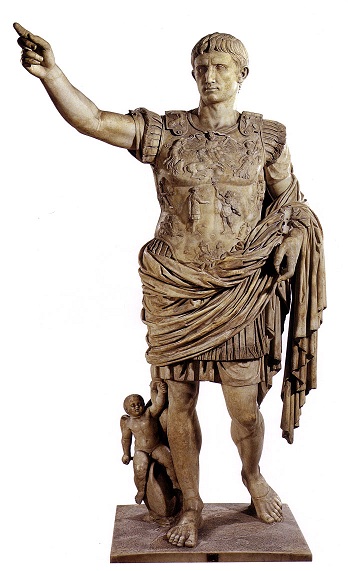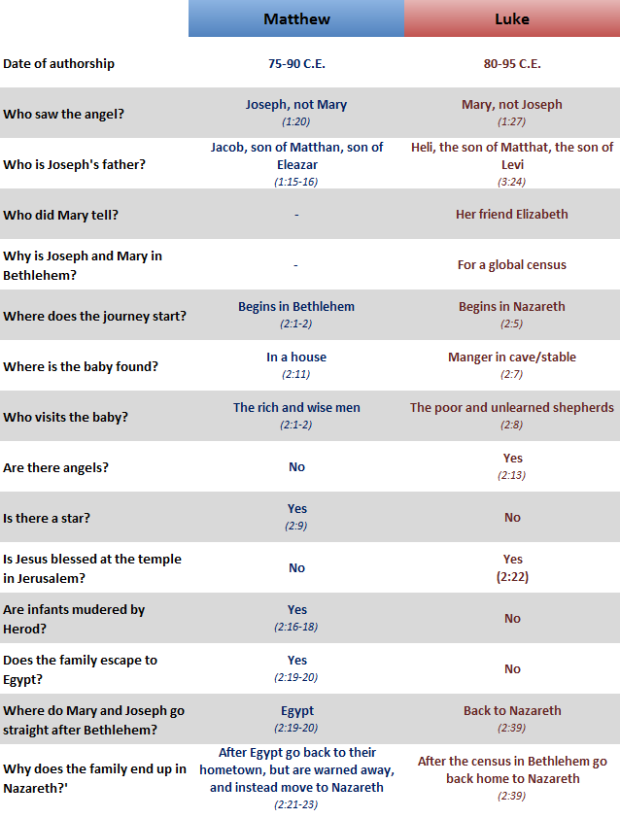Most historians state the Nativity story was not wholly historical. One of the many reasons is that the Gospel of Matthew dates the birth of Jesus during the reign of Herod, while Luke’s Gospel dates it about 12 years *after* Herods death.
b. Yet Luke on the other hand, speaks of an empire-wide census that occurs when “when Quirinius was governor of Syria” (Luke 2:2).
THE DISCREPANCY
Herod the Great died in 4 B.C. and Quirinius only became governor of Syria in 6 A.D., that’s a difference of 12 years. (Not to mention the fact that this census, purportedly took place throughout the whole Roman empire, is never mentioned by the Romans, who were meticulous historians, and recorded much smaller events.)
THE CONSERVATIVE ANSWER
There are currently many different ways apologists try to “explain away” this problem (claiming ancient historians were wrong, inventing duplicate censuses/governorships with no evidence, etc.) More honest evangelicals, like Dr Wallace of DTS, admit that this is “one of the greatest difficulties in the Bible… [which] cannot be resolved with certainty” and that evangelicals should not give “implausible solutions” for this. (1)
THE MAINLINE ACADEMIC ANSWER
Raymond E. Brown, a Catholic admitted that attempts to reconcile this discrepancy are “dubious on almost every score, despite the elaborate attempts by scholars to defend Lucan accuracy.” Other well known scholars W. D. Davies and E. P. Sanders state that, “on many points, especially about Jesus’ early life, the evangelists were ignorant … they simply did not know, and, guided by rumour, hope or supposition, did the best they could.” 2
1. Wallace, Dan., ‘The Problem of Luke 2:2 “This was the first census taken when Quirinius was governor of Syria’ “http://bible.org/article/problem-luke-22-ithis-was-first-census-taken-when-quirinius-was-governor-syriai
2. Brown, Raymond., The Birth of the Messiah: A Commentary on the Infancy Narratives in Matthew and Luke, Anchor Bible; Updated edition (1999), page 413.




